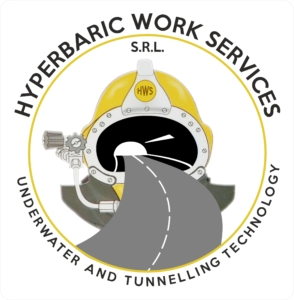Offshore Works
Where they take place
The English term offshore (off the coast) generically indicates the works carried out by man at sea, away from the coasts. The engineering involved in the construction and installation of these works is similarly called offshore. The vast majority of these works are linked to the exploitation of oil and gas fields. Recently, there has been a considerable diversification in the design and execution of offshore works, no longer connected only to the oil extraction activity but, with the advent of the exploitation of renewable energies (green energy), also projects for the exploitation of energy produced by the wave motion and above all by the wind; in fact, in recent years there has been an incredible increase of the installations of wind farms, which for all experts will be the largest energy source on the planet in the near future.
Other activities require the presence of “offshore” works, located in the open sea, such as: pipes for the transport of products of various kinds (gas and oil pipelines; drainage pipes from waste water treatment; aqueducts for the supply of islands); sea water intake and return works for cooling plants in thermoelectric power stations or other industrial plants; works for signaling routes or canals and for measuring oceanographic parameters. There is also, but not least, the exploration of deep ocean floors for different purposes than petroleum (extraction of different minerals, such as nickel and manganese, present in large quantities in some sites).
